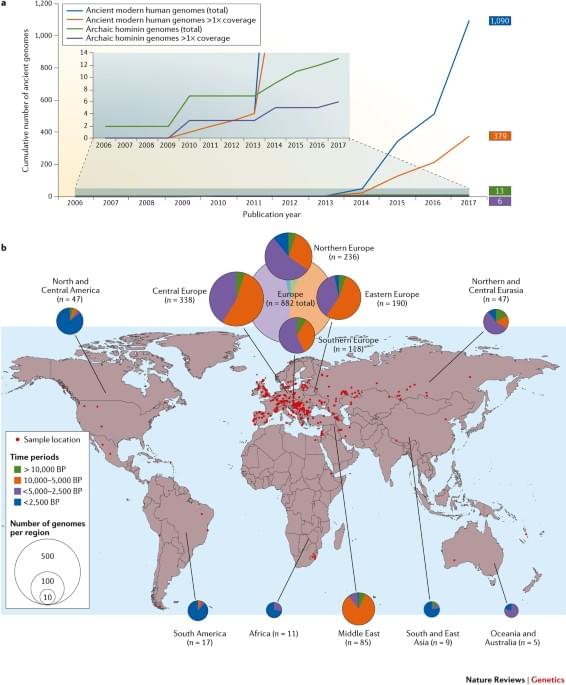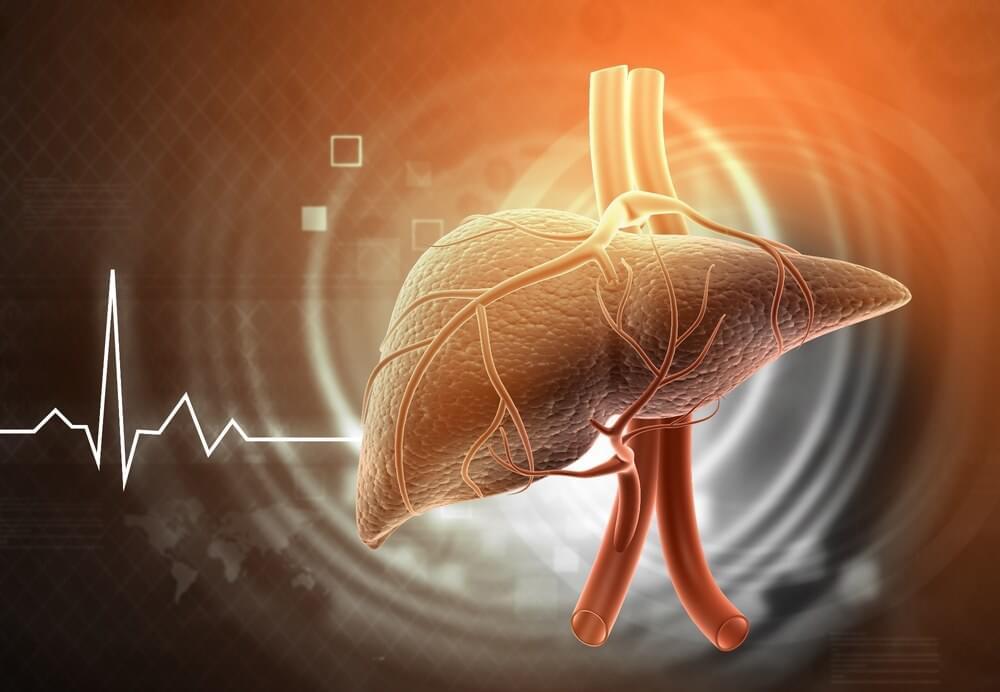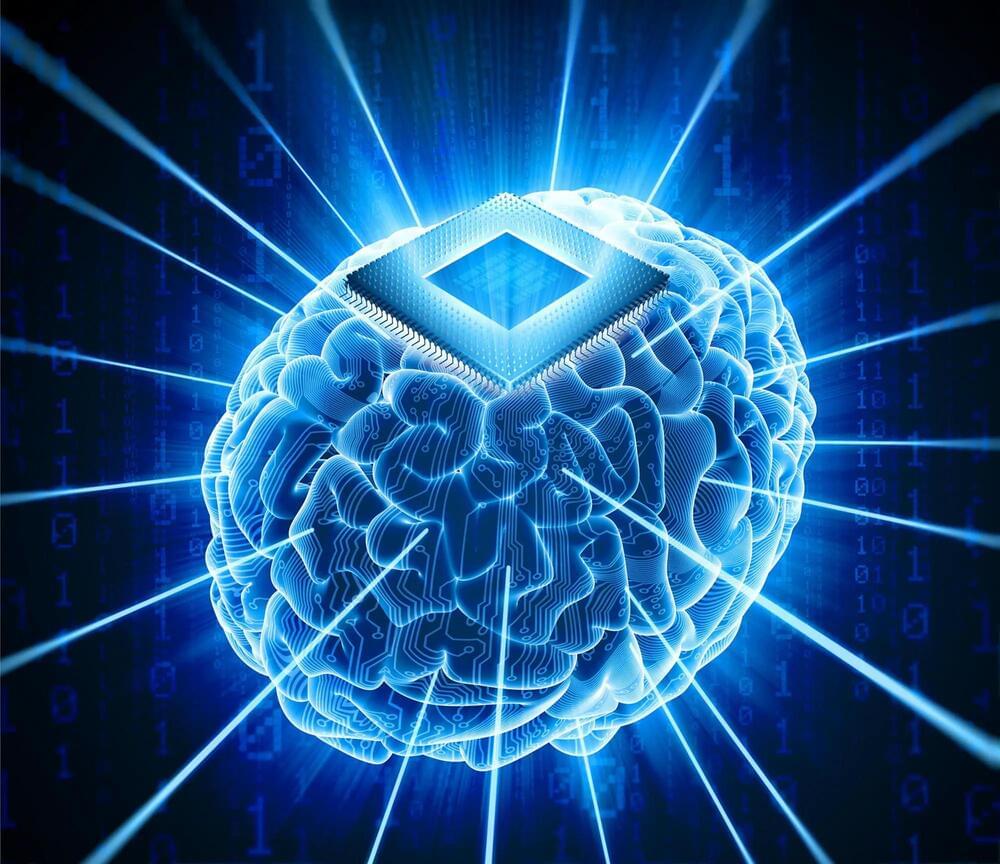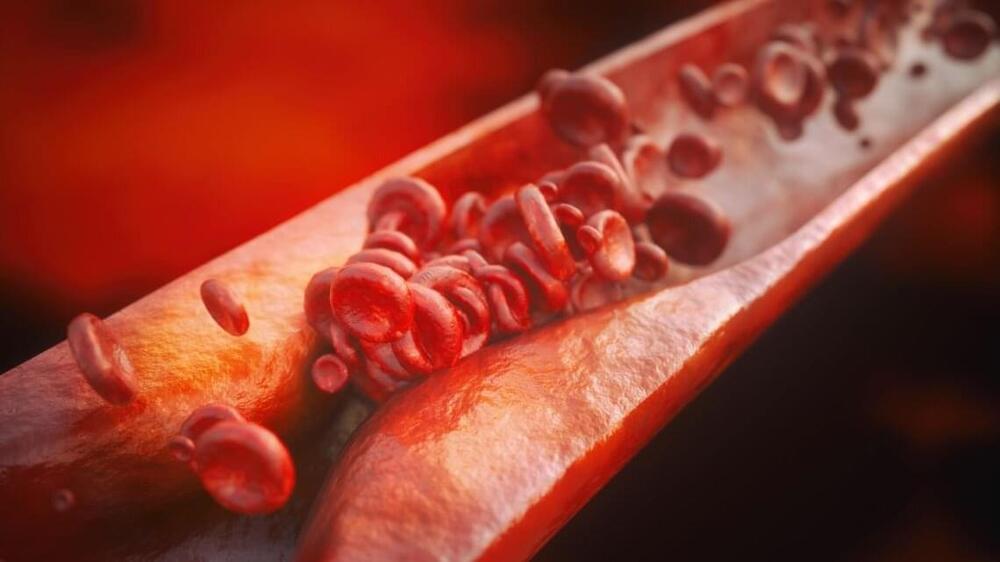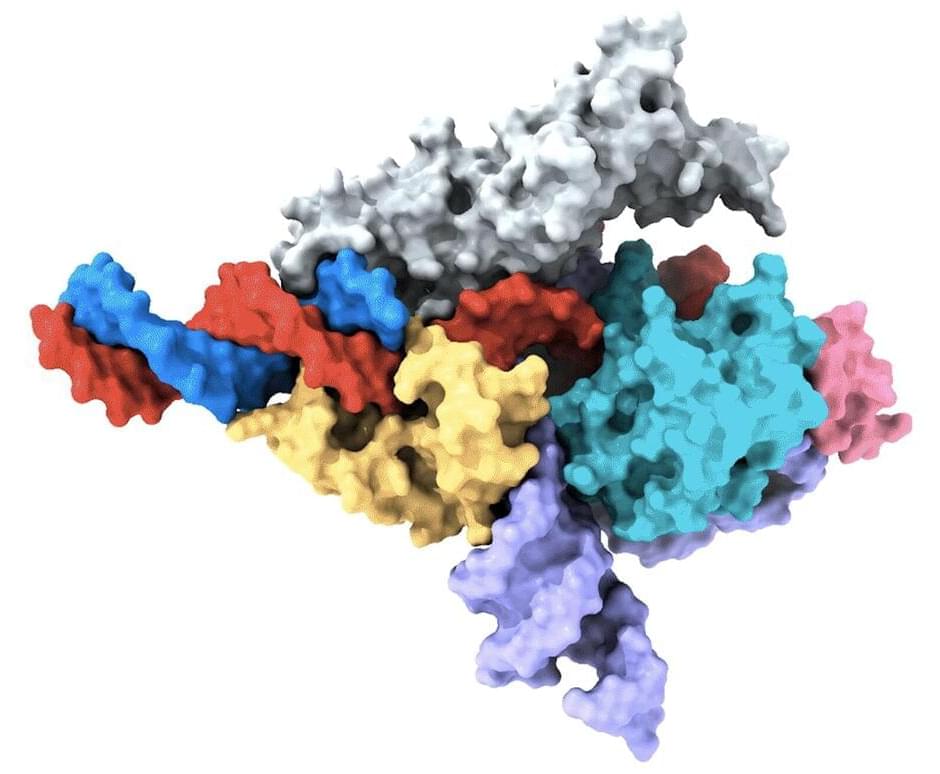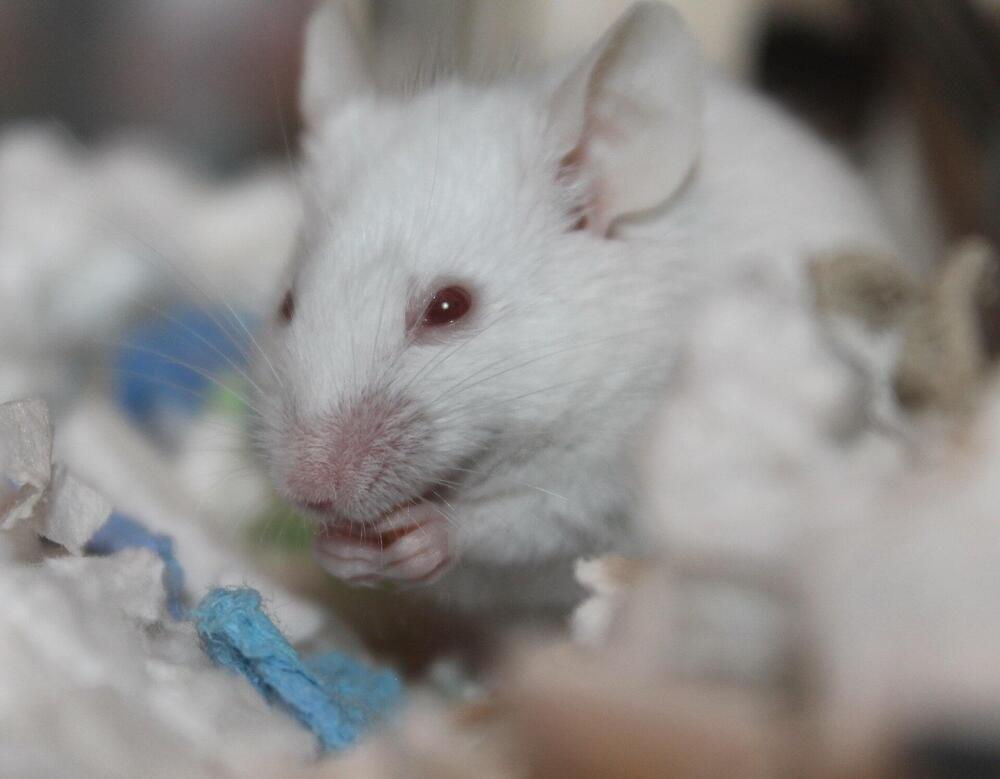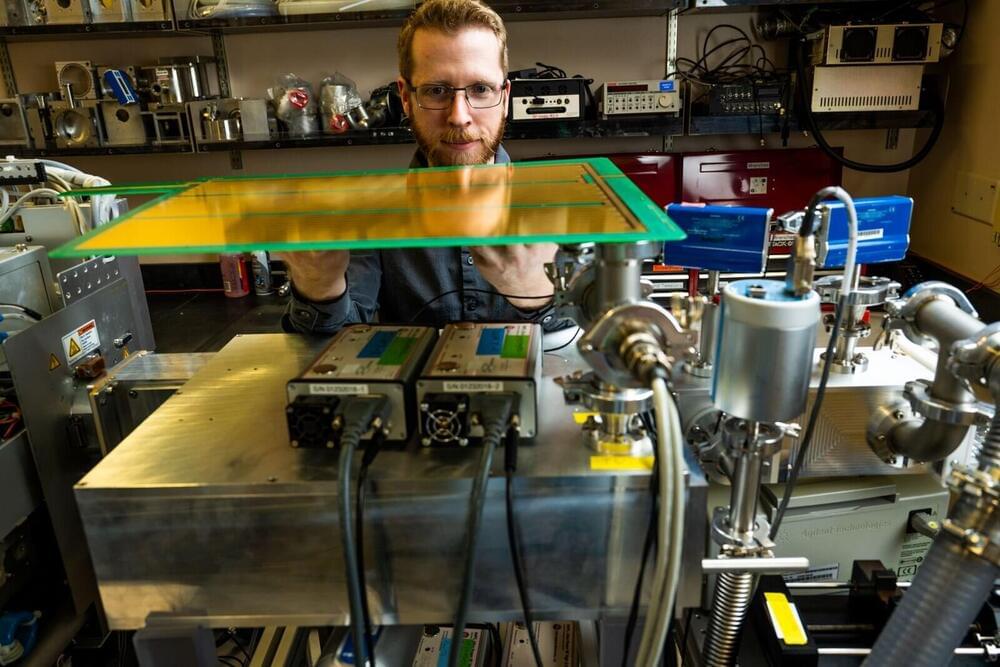For the first time, researchers have shown that reduced oxygen intake, or “oxygen restriction,” is associated with longer lifespan in lab mice, highlighting its anti-aging potential. Robert Rogers of Massachusetts General Hospital in Boston, US, and colleagues present these findings in a study published May 23rd in the open access journal PLOS Biology.
Research efforts to extend healthy lifespan have identified a number of chemical compounds and other interventions that show promising effects in mammalian lab animals— for instance, the drug metformin or dietary restriction. Oxygen restriction has also been linked to longer lifespan in yeast, nematodes, and fruit flies. However, its effects in mammals have been unknown.
To explore the anti-aging potential of oxygen restriction in mammals, Rogers and colleagues conducted lab experiments with mice bred to age more quickly than other mice while showing classic signs of mammalian aging throughout their bodies. The researchers compared the lifespans of mice living at normal atmospheric oxygen levels (about 21%) to the lifespans of mice that, at 4 weeks of age, had been moved to a living environment with a lower proportion of oxygen (11%—similar to that experienced at an altitude of 5,000 meters).
